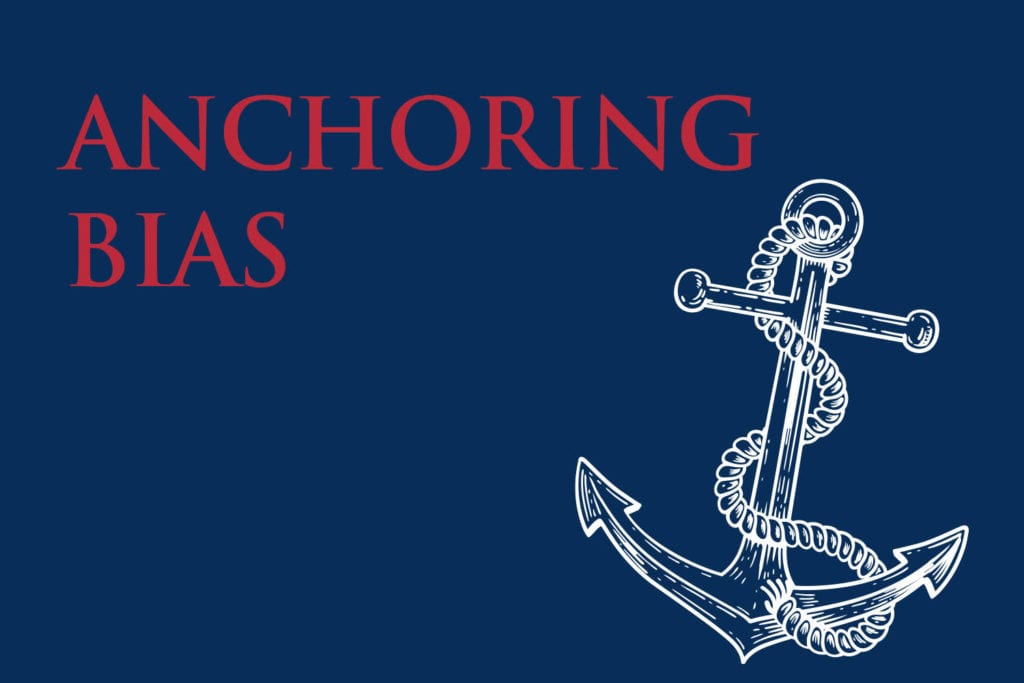
When Ed Rendell became mayor of Philadelphia in 1992, city workers were among the most highly compensated municipal employees in the country, and the city had an annual budget deficit of $250 million. Aggressive commitment strategies are most effective when used with those likely to make large concessions under pressure and when developing a reputation for toughness is important. When you commit to your goal by limiting your future flexibility (such as publicly announcing your commitment to a low purchase price in advance), you may find yourself choosing between impasse and an unattractive alternative. After the negotiation, enhance your satisfaction (or your boss’s) by comparing your outcome with your reservation price. The lesson? To maximize your outcome, focus on your ambitious goal during the negotiation. Notably, when these high-achieving participants were asked to consider their reservation prices (walk-away points) and then evaluate their outcomes, their satisfaction corresponded to objective measures of performance.
#The anchoring bias download#
Download our FREE special report, Negotiation Skills: Negotiation Strategies and Negotiation Techniques to Help You Become a Better Negotiator, from the Program on Negotiation at Harvard Law School. Although researchers Adam Galinsky, Victoria Medvec, and Thomas Mussweiler found in one study that negotiators who focused on high goals achieved objectively better outcomes than did peers who did not focus on high goals, the high-achieving negotiators were less satisfied with their outcomes than were their peers.īuild powerful negotiation skills and become a better dealmaker and leader. Most obviously, failure to reach your goal can affect your satisfaction with the overall outcome. Yet there are several potential drawbacks to setting ambitious negotiation goals. Even an unrewarded goal, however, such as running five miles today, boosts performance.

Perhaps not surprisingly, performance improves when negotiators are given rewards for reaching a goal, such as a $10,000 bonus for billing 2,000 hours. In a review of goal-setting research, negotiation scholars Deborah Zetik and Alice Stuhlmacher of DePaul University found that when negotiators set specific, challenging goals, they consistently outperform those who set lower or vague goals. In negotiations, the anchoring effect occurs often, but goal setting can affect the end result. For example, the initial price offered for a used car sets the standard for the rest of the negotiations, so that prices lower than the initial price seem more reasonable even if they are still higher than what the car is really worth.


Once an anchor is set, other judgments are made by adjusting away from that anchor, and there is a bias toward interpreting other information around the anchor. During decision making, anchoring occurs when individuals use an initial piece of information to make subsequent judgments. The anchoring effect is a cognitive bias that describes the common human tendency to rely too heavily on the first piece of information offered (the “anchor”) when making decisions.


 0 kommentar(er)
0 kommentar(er)
